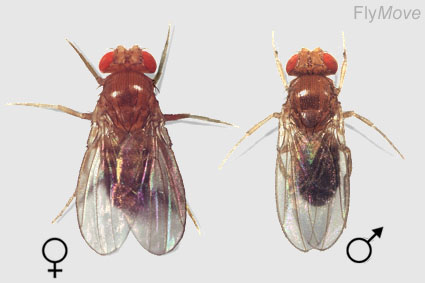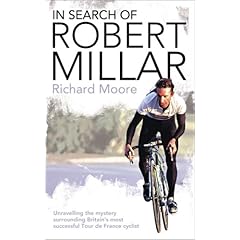The GNU General Public Licence (GPL) is one of the most (if not the most) widely used licence under which open source software is released. There's a Wikipedia page on the GPL (but be cautious as with all Wikipedia pages on contentious topics). Recently the author of two software packages (atscap and pchdtvr) has announced that he has revoked their licensing under the GPL. This has predictably released a storm of comment on the internet. As usual, the best coverage is over at Groklaw, where PJ has provided a clear analysis of whether the software author can indeed take such an act, and many of the regular contributors add observations.
It's not clear whether the author of the software and the author of the announcement are indeed one and the same, and on the basis of PJ's article it doesn't look as though he can actually revoke the GPL. It is possible that some attempt to challenge the GPL is being made (but this has been tried before in several jurisdictions, without success).
It isn't clear why the software author is taking this step. A change of heart regarding FOSS? Patent infringement (in which case the problems lie only in those jurisdictions where software patents are permitted)? Perhaps over the next few days, these issues will be clarified.






